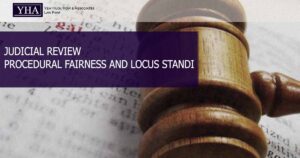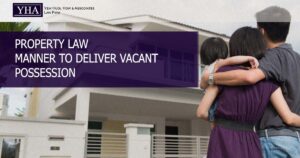
FAMILY LAW – DIVORCE – REDEFINING SPOUSAL SUPPORT – FINANCIAL INDEPENDENCE IN DIVORCE PROCEEDINGS
A divorce case involving two insurance agents raises crucial questions about spousal maintenance for financially independent women and their shared responsibility in child support. The court will assess each party’s financial capacity and contributions, considering modern principles of gender equality and the ‘means and needs’ test under the Law Reform (Marriage and Divorce) Act 1976.









